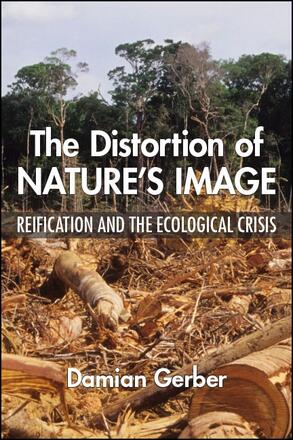
The Distortion of Nature's Image
Reification and the Ecological Crisis
Alternative formats available from:
Illustrates how the notion of an ecological society remains a decisively political question.
Description
The global ecological crisis is upon us. From global warming to the long-term implications of ocean acidification, air and water pollution, deforestation, and the omnipresent dangers of nuclear technology the future of our planetary home is threatened. Yet in the midst of the unfolding crisis, the conventional ideologies of the twentieth century and their representations of nature remain unchallenged by both the defenders of capitalism and capitalism's most radical critics. The Distortion of Nature's Image illustrates how the anti-naturalism of late capitalist society, in which nature is reified into the emptiness of mere matter, simply a thing to be dominated, is subtly complemented by the failure of the Left to go both beyond the historic limitations of Marx's ninteenth-century viewpoint and beyond anarchism's blind faith in "natural law." However, an alternative for comprehending nature and the ecological crisis as historical and social phenomena remains open in the dialectical naturalism of Western Marxism and Murray Bookchin's social ecology. By examining in closer detail how Bookchin's social ecology politicizes the concept of nature, as well as how precursory models in Western Marxist thought provide a foundation for this, Damian Gerber illustrates how the notion of an ecological society remains a decisively political question.
Damian Gerber is Lecturer at the University of Queensland and the Australian Catholic University.
Reviews
"This book is provocative and inspiring in that it opens spaces for social hope by calling for changes to our basic conceptions of democratic society, selfhood, and nature." — CHOICE
"There are very few studies that bring anarchism into conversation with an ecological focus. Gerber's book does this in extraordinary form, offering a critical but balanced overview." — Simon Springer, author of The Anarchist Roots of Geography: Toward Spatial Emancipation